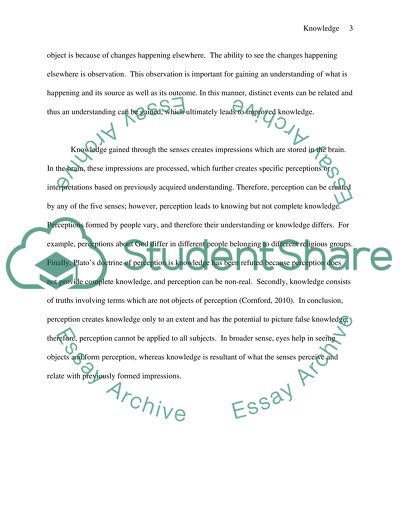Knowledge Is the True Organ of Sight, not the Eyes Essay. Retrieved from https://studentshare.org/philosophy/1409434-knowledge-is-the-true-organ-of-dight-not-the-eyes
Knowledge Is the True Organ of Sight, Not the Eyes Essay. https://studentshare.org/philosophy/1409434-knowledge-is-the-true-organ-of-dight-not-the-eyes.


